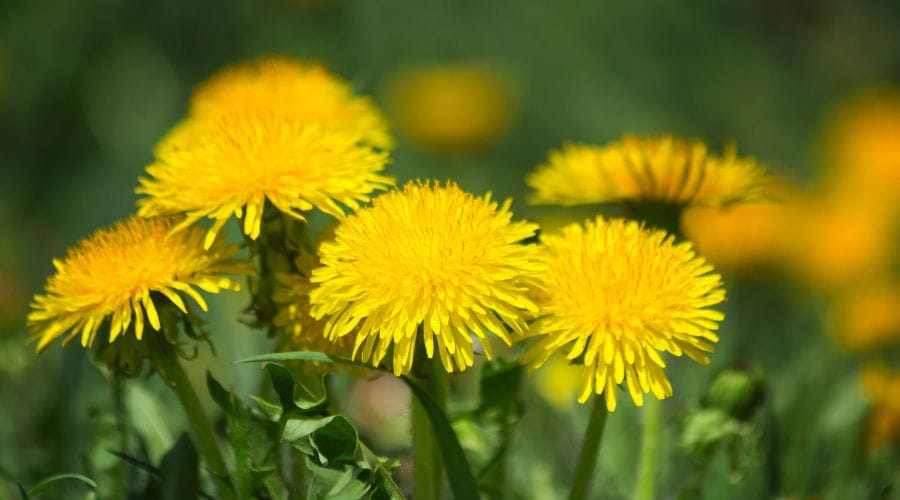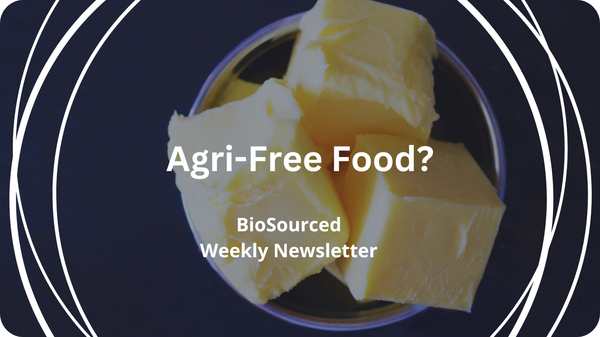Kultevat: Reshaping the Rubber Industry with Dandelions
Kultevat employs a dandelion species to produce natural rubber that doesn’t contribute to deforestation.

From tires to boots and medical devices, rubber is a versatile material used in a wide range of products. Modern rubber production, however, is detrimental to the environment. For example, synthetic rubber is typically derived from crude oil, a non-renewable resource that generates harmful pollutants.
Natural rubber production, on the other hand, is not necessarily a better alternative. Although natural rubber is harvested from a renewable resource (the Hevea brasiliensis tree), its production is expected to be the leading cause of deforestation in mainland Southeast Asia.
And that’s where Kultra® natural rubber comes in. Using principles of regenerative agriculture and green chemistry, Kultevat employs a dandelion species to produce natural rubber that doesn’t contribute to deforestation.
Exploring the Story of Kultevat
In 2013, entrepreneur Daniel Swiger founded Kultevat to promote eco-friendly natural rubber production. In an effort to address the world’s rubber needs without harming the environment, Kultevat offers natural rubber made from a specific dandelion species.
What makes this alternative source of natural rubber particularly interesting is its potential to decrease the world’s dependence on Hevea rubber trees and prevent large-scale deforestation.
Most people were unaware that this innovative production was possible.
However, the Russian dandelion supplied 30% of the USSR’s rubber during the Second World War. At that time, shortages of Hevea rubber led many countries to explore alternative options. However, natural rubber from the Hevea brasiliensis tree was cheaper, so its production went back to normal once the war was over.
Nowadays, Kultevat is employing genetic engineering to improve crop yield and make this eco-friendly alternative more affordable.
Kultevat's Technology in Natural Rubber Production
To make the commercial development of this alternative viable, Kultevat has developed a proprietary variety of the TKS (Taraxacum kok-saghyz) dandelion, also known as the Russian dandelion. As a result, the biotechnology startup named their proprietary cultivars “The Kultevar™ dandelion”.
But the company’s work didn’t end there. Kultevat not only cultivates its proprietary dandelion but it also processes this plant to offer sustainable natural rubber and other eco-friendly co-products.

Besides preventing deforestation, natural rubber production from this dandelion species improves soil health and supports pollinators.
Dandelion Innovation on the Rise
Thanks to Kultevat’s innovative processes, the Kultevar™ dandelion can adapt to different conditions and thrive in most parts of the world. While 90% of natural rubber (from the rubber tree) is produced in Asia, Kultevat has patented its technology in 16 countries, including the United States, Australia, and Brazil.
And if that’s not enough, the Russian dandelion is an annual crop. In other words, the company can plant and process natural rubber within one year, while natural rubber made from the rubber tree can take up to seven years.
From fashion and packaging to healthcare and electronics, the company’s proprietary dandelion can be used to make a wide range of products across different industries.
As mentioned before, the roots of the Kultevar™ dandelion are the source of its Kultra® natural rubber. But that’s not all, the company offers other sustainable products as well. The Kultevar™ dandelion is also a sustainable source of high-quality inulin, eco-friendly resin, and natural fiber.
Final Thoughts
As the production of vehicles in the world continues to rise, it’s worth exploring sustainable alternatives to conventional rubber production. Kultevat, for instance, is making great progress in developing high-quality natural rubber from the Russian dandelion. Kultevat’s green technology could be a great solution to make rubber production more efficient and sustainable.
Learn More About Kultevat:
Company Headquarters
P.O. Box 160, Suite #105A
147 W. State Highway T
Portageville, MO 63873






